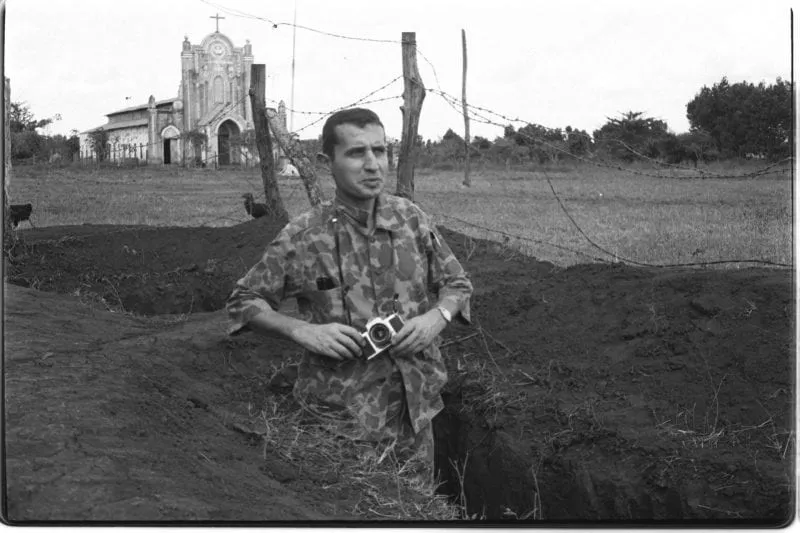
Abstract
François Sully (1927–1971) is an underreported figure in the critical period of U.S.-South Vietnamese relations between 1960 and 1963. As one of the earliest journalists the First Republic of Vietnam expelled in 1962, his reporting introduced Vietnam to American readers, and his journalism influenced a generation of Western reporters covering the intervention of U.S. forces in Vietnam. However, despite his extensive reporting for Newsweek and other outlets, little is known about Sully or how his contentious relationship with President Ngo Dinh Diem of the Republic of Vietnam contributed to political turbulence before Diem's assassination on 2 November 1963. This is the first article to focus exclusively on Sully's reporting on Vietnam and the first to assess his efforts using primary sources. It argues that Vietnamese Studies and Vietnam War scholars have underestimated or overlooked his journalism due to the "Vietnamese turn" in their scholarship. In supporting this argument, this article places Sully in the broader context of the media's coverage — both in the East and the West — of the Vietnam War, and it focuses on Sully's role in the political divisions between Diem and U.S. authorities. As the first article to provide a historical account of Sully's journalism, it provides a basis for a more informed understanding of his writing. Such understanding is a precondition for analyzing his biases and perceived contributions to orthodox interpretations of the Vietnam War.
Moir, Nathaniel L. "To Each His Turn … Today Yours, Tomorrow Mine: François Sully's Turn in History." Journal of American-East Asian Relations, vol. 30. no. 3. (2023): 274–309.
The full text of this publication is available via Journal of American-East Asian Relations.




